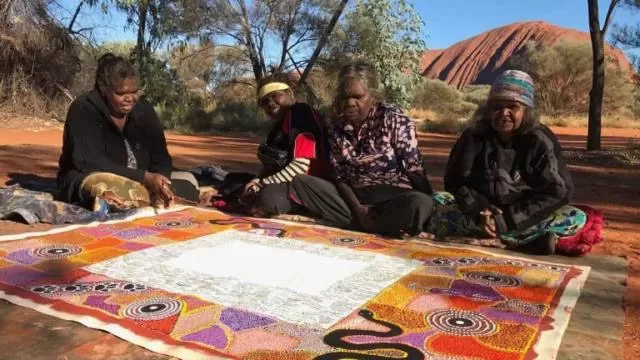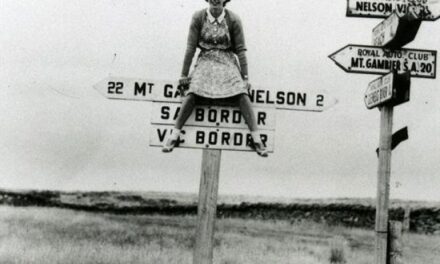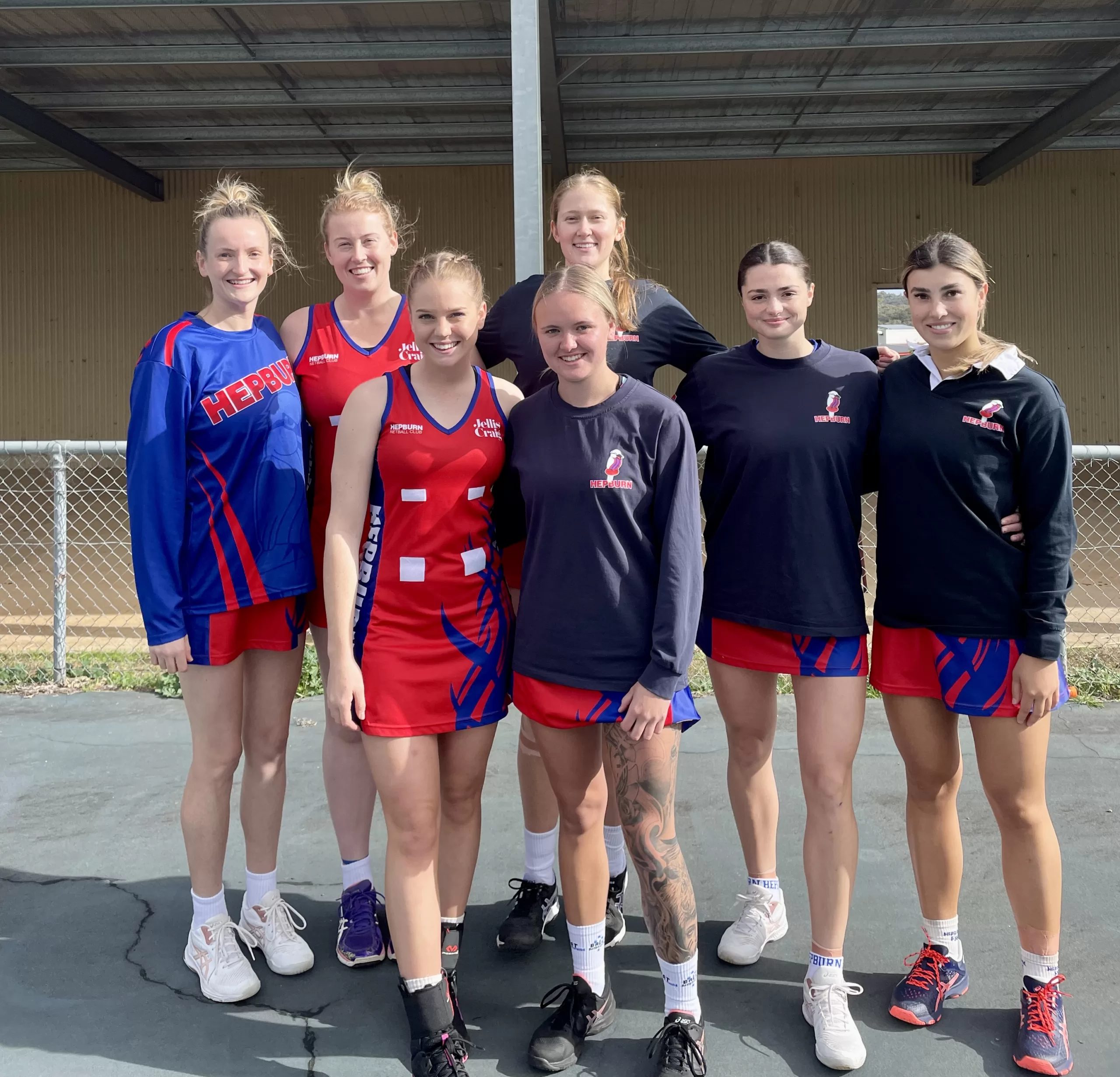On 30 March 2023 a Bill to trigger a referendum on the Voice was tabled for a second reading in the Federal House of Representatives. In other words, for the first time a piece of legislation to enable formal representation of Indigenous people has been launched in Federal Parliament.
It has been a long time coming. The first petition for Aboriginal rights occurred in 1846 when the exiled Tasmanian Aboriginal people sought the intervention of Queen Victoria. There were many such requests from specific Aboriginal groups across Australia through the next 80 years. In 1924 the first pan-Australia activist group representing Aboriginal people was formed – the Australian Aboriginal Progressive Association (AAPA). It called for the creation of an Aboriginal state and the abolition of protection and control. One hundred years on there is still no formal recognition of Aboriginal peoples.
Although we now know much more about the history of dispossession, massacres, slavery, cultural destruction, neglect, imprisonment, child theft, and hateful racist behaviour, governments of all hues have been both sluggish and stubborn in their responses to repeated requests from national groups representing Aboriginal people for Aboriginal representation to Federal government.
Whilst acknowledging this long and shameful history, it is important to note the recent events leading to the move to legislate. In 2016 and 2017 the Referendum Council set up by the Turnbull government led a series of Regional Dialogues to discuss options for constitutional recognition with First Nations People from all corners of the country. These discussions were also open to non Aboriginal people who wished to participate. Professor Marcia Langdon AO led the discussions in Ballarat and district. (Contrary to statements by representatives of the No campaign, the recommendations from the Uluru Statement from the Heart did not come out of nowhere; nor were they drafted by a self selected group.)
The views that were heard through the Dialogues were presented verbally and in writing to the gathering of Aboriginal people at Uluru in 2017. The outcome of deliberations and debates was the Uluru Statement from the Heart. It was addressed to all Australian people and said:
“We invite you to join a movement of the Australian people and walk with us for a better future.
“We call for the establishment of a First Nations Voice enshrined in the Constitution and a Makarrata Commission to supervise a process of agreement making and truth telling about our history
“We call on all Australians to support a First Nations Voice to Parliament by voting Yes in the upcoming referendum so we can finally have a say on policies and laws that affect our communities.”
The wheels of change turn slowly.
Until the election of the Albanese government in 2022 there had been no formal response to the Uluru Statement from the Heart. The Albanese government has pledged to support all the recommendations of the Uluru Statement, and to hold a referendum on Constitutional change. Three working groups were established to address the wording of a referendum, and also to advise on the practical operations of an advisory body to be known as the Voice. The wording of the referendum question to be put to the vote has been finalized, and is as follows:
A proposed law: To alter the Constitution to recognize the First Peoples of Australia by establishing an Aboriginal and Torres Strait Islander Voice.
Do you approve this proposed alteration?
In introducing the Voice to Parliament Referendum Bill to trigger a referendum, the Attorney General said:’ This is history in the making: it is time to listen.’
The Bill is now referred to a joint party Committee and will return to Parliament in June for a final vote.
The consequences of an Indigenous voice to Parliament (and the Executive) are profound.
For some of us, the recognition of First Peoples goes to the question of a national identity and the values that underpin it.
Others may take a more utilitarian view – despite huge expenditure on services directed to indigenous communities, the results reported to Parliament in the Closing the Gap audits suggest that more effective consultation needs to take place – through a body such as the Voice.
At a local level we need to understand the views of our traditional owners, the Dja Dja Wurrung. What do they see as the advantages or disadvantages of a representative body to Parliament? Do they support the idea of the Voice and the idea of a referendum?
We also need to understand how the Voice interfaces with State processes. In Victoria the Yuurook Commission is in process. A Treaty process is separate but linked. In South Australia legislation has been passed to establish a Treaty.
For some communities, native title has been achieved as a parallel opportunity for recognition and reconnection with traditional country.
These are parallel and connected processes.
Finally, we ask, what is the risk involved with the referendum? If it succeeds, some are saying that this will divide the country. Currently it appears that support is not unanimous across Australia. It is hard to understand what there is to fear in the Voice process.
What will happen if the referendum for the Voice is not supported? A negative outcome will potentially set relationships between Indigenous and non indigenous people back considerably.
These are all important questions that go to the heart of who we are as a nation. The Wombat Post intends to publish a series of articles on these questions in the coming weeks and months. The question goes well beyond our intended readership of Daylesford and Hepburn Springs but it is a question of such national importance that the voices of local people should be heard.
The Editorial Committee of The Wombat Post
We are inviting the Dja Dja Wurrung clan to provide a statement of their views and we will seek statements from other individuals and groups to canvas the full spectrum of views on the Voice. We will consider opinion/editorial pieces and letters to the editor submitted by members of our local community. In all cases, our editorial policy applies.





